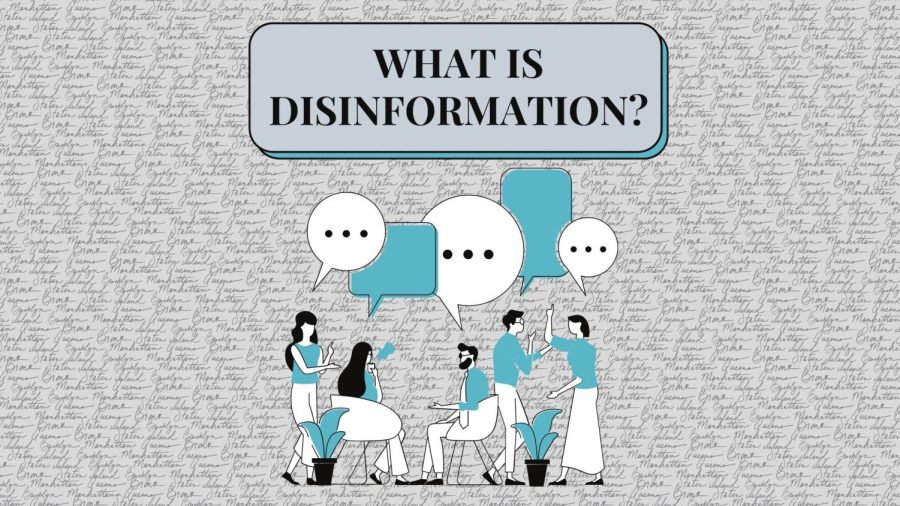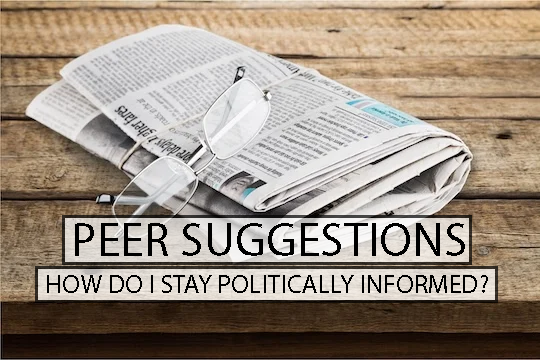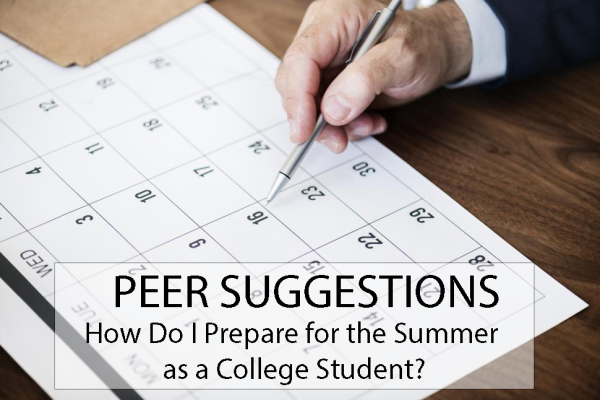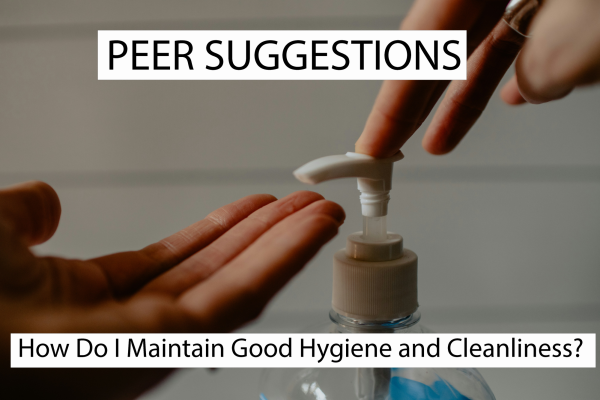What is Disinformation?
Welcome to the final article in this three-part mindful media consumer series. If you are new to this series, make sure to read the previous two articles about misinformation and fake news!
Disinformation is lesser-known than misinformation and fake news, but it is just as prevalent. The definition of disinformation on Dictionary.com is “deliberately misleading or biased information; manipulated narrative or facts; propaganda”. It is easy to assume that disinformation is just a synonym for propaganda, but that is not entirely true. Disinformation is a type of propaganda. Propaganda’s definition according to Dictionary.com is “information, ideas, or rumors deliberately spread widely to help or harm a person, group, movement, institution, nation, etc.” Dr. Todd Clark, an Associate Professor of National Security and Intelligence at Fairmont State University, explained the difference between propaganda and disinformation very well. Dr. Clark explained that disinformation is based on deceiving while propaganda is based on convincing.
Unfortunately, the world is seeing disinformation in action because of the Russian and Ukrainian war. The Russian government has spread countless lies and fabricated stories, trying to point the blame of this war on any country but Russia. Thankfully, Russia has lost their own propaganda war. What many people do not know is that the Russian government has a long history of using disinformation to “manipulate opinion to one’s advantage or to sow discord,” as Dr. Clark described it. One example of discord the Russian government sowed is the conspiracy that the CIA killed Kennedy; and if you would like to learn more about this and other examples of Russian disinformation, check out this video by The New York Times.
Please don’t become discouraged by all this newfound information about misinformation, fake news, and disinformation. Yes, disinformation and propaganda are out there, but no one needs to be distraught. Instead, people can use this information to guide them through a world of twisted information. The reason that these things have so much power over people is because they are unaware of them. But anyone can fight back with education! If you want to expand your understanding of these topics and become an even better media consumer, consider checking out the News Literacy Project. This website provides articles, podcasts, and infographics to help people “get smart about news.” The News Literacy Project also has a newsletter “designed for the general public exploring timely examples of misinformation as well as press freedom and social media trends and issues.”
I hope you enjoyed this short series and learned about how to become a more mindful media consumer. Please leave any thoughts or comments down below!













Alexa Hawkins // Apr 20, 2022 at 8:49 pm
Great article! Dr. Clark is a great source concerning Russia and understanding its intentions. Disinformation is something we deal with in our everyday lives, usually without even realizing it.